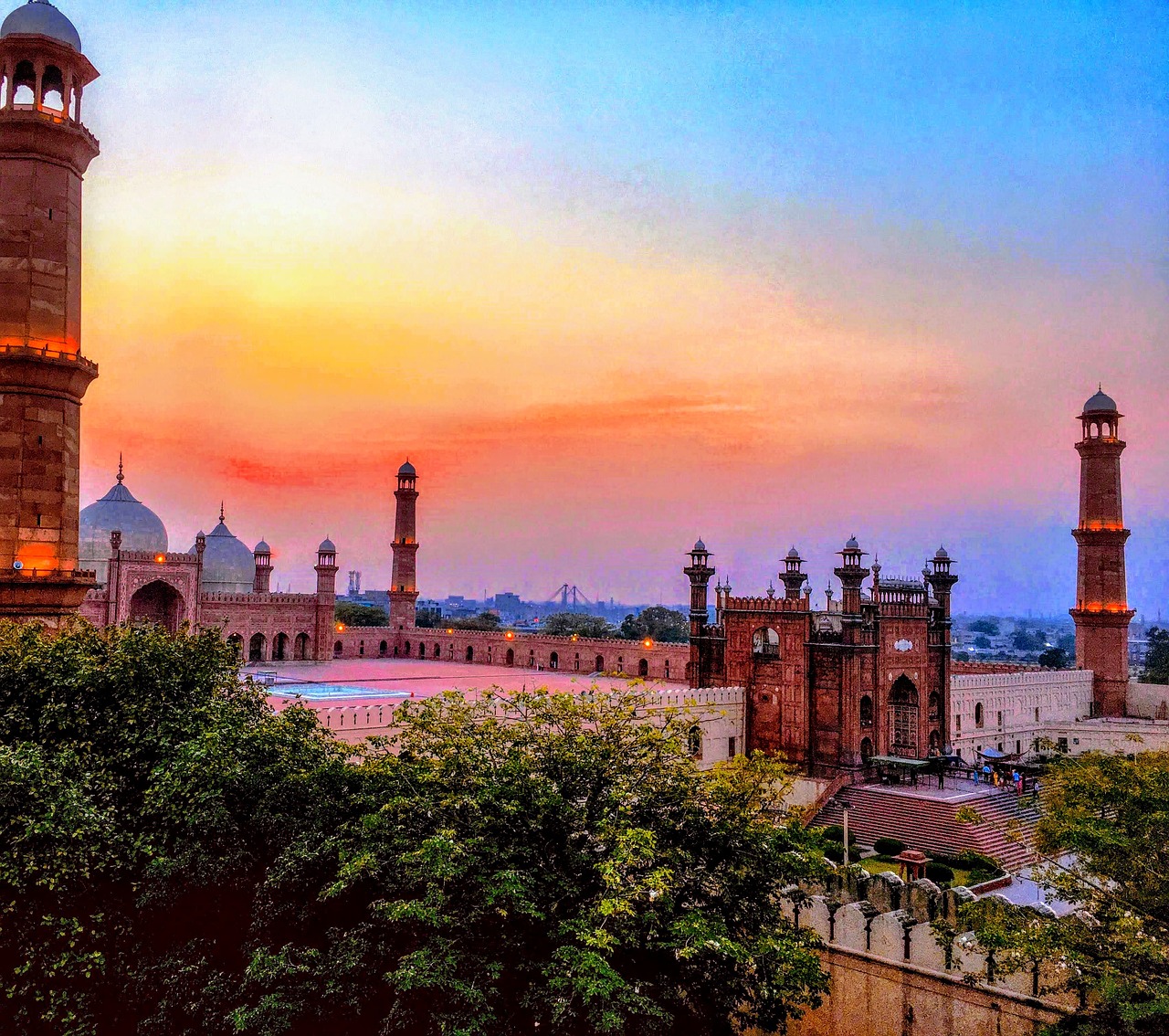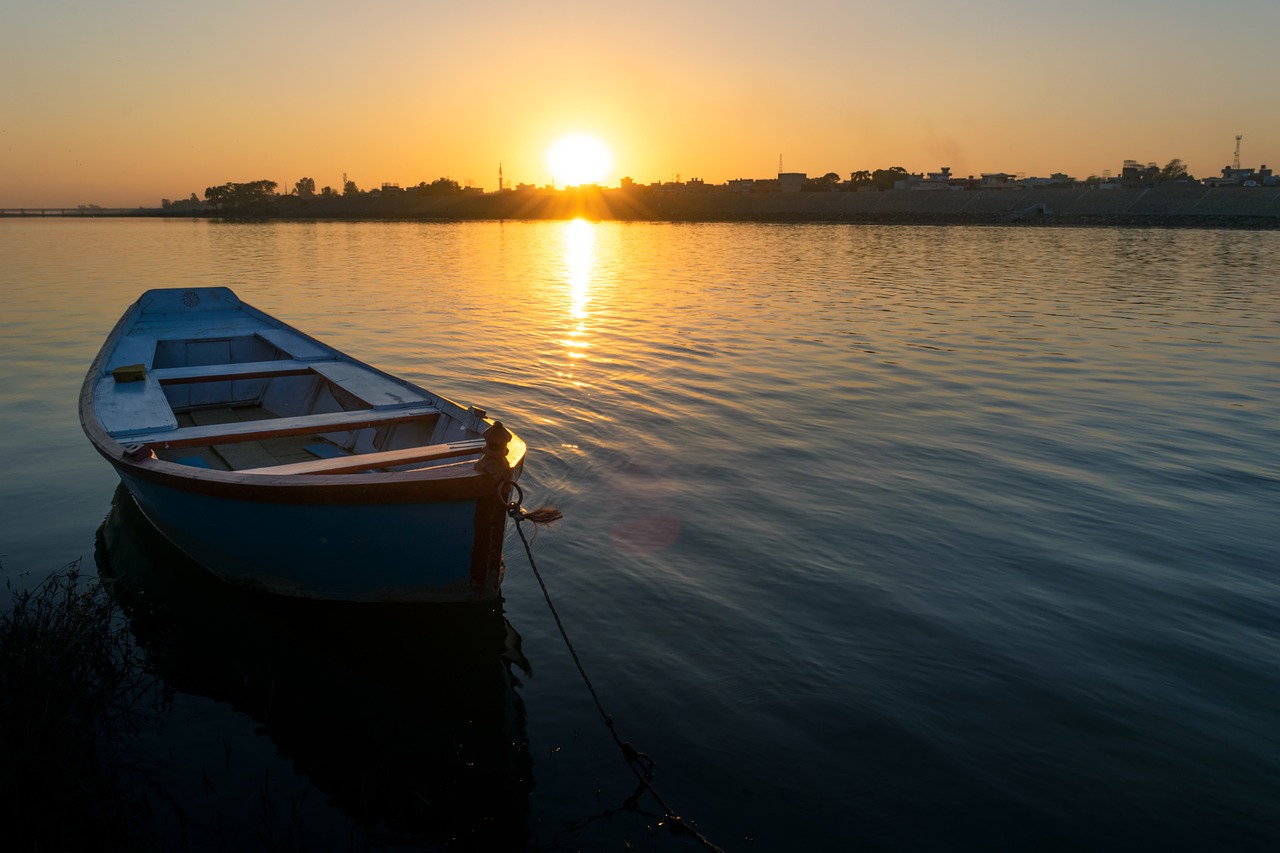Pakistan Video
Emergency Services: What to Know While in Pakistan
Emergency situations can arise unexpectedly, and it’s important to be prepared and knowledgeable about the emergency services available while in Pakistan. Whether you are a resident or a visitor, understanding how to access and utilize emergency services can make a significant difference in critical situations. This article aims to provide comprehensive information about emergency services in Pakistan, including contact numbers, response times, and important considerations.
Section 1: Police Services
The police force in Pakistan plays a crucial role in maintaining law and order. In case of emergency situations requiring police assistance, dial 15 from any phone to reach the police helpline. The response time may vary depending on the location and the nature of the emergency. It is important to remain calm and provide clear and concise information when reporting an emergency to the police.
- Crime Reporting: The police can assist in reporting crimes such as theft, assault, or any other criminal activity. Provide accurate details and descriptions to help the police in their investigation.
- Traffic Accidents: In case of a road accident, the police should be informed immediately. They will coordinate with relevant authorities and ensure safety at the accident site.
- Public Safety: The police force is responsible for maintaining public safety and order. If you witness any suspicious or dangerous activities, contact the police helpline to report the incident.
- Specialized Units: Pakistan has specialized police units such as the Counter-Terrorism Department (CTD) and Anti-Car Lifting Cell (ACLC) to address specific types of crimes. These units can be contacted for relevant emergencies.

Section 2: Ambulance Services
In medical emergencies, quick access to ambulance services can be life-saving. Pakistan has various ambulance services that can be reached by dialing 1122. The ambulance response time may vary depending on the location and traffic conditions. It is important to provide accurate information about the emergency and the location to ensure a timely response.
- Emergency Medical Assistance: Ambulance services in Pakistan are equipped with trained medical professionals who can provide immediate medical assistance while transporting patients to the nearest hospital.
- Emergency Helpline: The ambulance helpline, 1122, is available 24/7 for emergency medical assistance. Call this number for any medical emergencies requiring immediate attention.
- Specialized Ambulance Services: Some areas in Pakistan have specialized ambulance services for specific medical conditions, such as cardiac emergencies or maternity cases. Local hospitals can provide information about these specialized services.
- Private Ambulance Services: In addition to government-run ambulance services, there are private ambulance services available in major cities. These services may have different contact numbers, so it is advisable to research and save their contact details in advance.
Section 3: Fire and Rescue Services
In case of fire emergencies, it is crucial to have access to fire and rescue services. The fire department in Pakistan can be reached by dialing 16 from any phone. When reporting a fire emergency, provide clear information about the location and the severity of the fire to ensure an appropriate response.
- Fire Safety: It is essential to follow fire safety precautions and have fire extinguishers in homes and workplaces. In case of a small fire that can be contained, use the appropriate fire extinguisher and call the fire department for assistance if necessary.
- Fire Emergency: For larger fires or situations where there is a risk to life or property, dial 16 to reach the fire and rescue services. Provide accurate details about the location and nature of the fire.
- Rescue Services: The fire and rescue services in Pakistan are equipped to handle various rescue operations, including building collapses, road accidents, and other emergencies where specialized equipment and expertise are required.
- Fire Safety Education: To prevent fire emergencies, it is important to educate oneself and others about fire safety measures, including fire evacuation plans and awareness of potential fire hazards.

Section 4: Emergency Medical Facilities
Knowing the location of emergency medical facilities can be crucial in critical situations. Pakistan has a network of hospitals and medical centers that provide emergency medical services. Some important points to consider are:
- Hospitals: Major cities in Pakistan have hospitals equipped with emergency departments that operate 24/7. Research and identify the nearest hospitals to your location in case of emergencies.
- Emergency Room Services: Emergency rooms in hospitals cater to a wide range of medical emergencies, including trauma cases, cardiac emergencies, and other critical conditions. They are staffed with trained medical professionals to provide immediate care.
- Pharmacies: Pharmacies are widely available in Pakistan and can be a valuable resource for obtaining emergency medications or first aid supplies. It is advisable to locate nearby pharmacies in advance.
- Ambulance Access: Hospitals often have their own ambulance services or partnerships with nearby ambulance providers. In case of emergencies, these ambulance services can transport patients to the hospital efficiently.
Section 5: Natural Disaster Preparedness
Pakistan is prone to natural disasters such as earthquakes, floods, and landslides. Being prepared for such events can help minimize the impact and ensure personal safety. Some important considerations include:
- Emergency Kits: Prepare an emergency kit with essential supplies such as non-perishable food, water, first aid items, flashlights, and batteries. Store the kit in an easily accessible location.
- Emergency Plans: Develop an emergency plan for your household or group, including evacuation routes, designated meeting points, and communication strategies. Practice the plan regularly to ensure everyone is familiar with the procedures.
- Stay Informed: Pay attention to weather alerts and updates from local authorities. Radio, TV, and online sources can provide important information during natural disasters.
- Evacuation Centers: Familiarize yourself with the nearest evacuation centers in your area. These centers provide temporary shelter and essential services during emergencies.
Section 6: Roadside Assistance
Experiencing a breakdown or accident on the road can be stressful, especially when in an unfamiliar location. Pakistan has various roadside assistance services that can provide help in such situations. Some key points to remember are:
- Emergency Helpline: Save the contact number of roadside assistance services in your phone. These services can help with flat tires, battery jump-starts, towing, and other minor repairs.
- Traffic Police Assistance: In case of a road accident or breakdown, contact the traffic police helpline at 915 to report the incident and seek assistance.
- Insurance Coverage: If you have vehicle insurance, check if it includes roadside assistance. Some insurance policies offer this service as an add-on or as part of the coverage.
- Emergency Roadside Kits: Keep a roadside emergency kit in your vehicle, including items such as a spare tire, jack, jumper cables, and a flashlight. These can be helpful in minor breakdown situations.

Section 7: Helicopter Emergency Medical Services (HEMS)
In remote areas or during challenging rescue operations, helicopter emergency medical services (HEMS) can provide critical assistance. Pakistan has HEMS providers that offer air medical transportation and rescue services. Some important details to know about HEMS are:
- Rapid Medical Response: HEMS can quickly reach remote or inaccessible areas to provide medical assistance in emergencies. They are equipped with advanced medical equipment and trained personnel.
- Availability: HEMS services may have limitations based on weather conditions, terrain, and availability of helicopters. Contact the relevant authorities or search online for HEMS providers in the area.
- Medical Evacuation: HEMS can perform medical evacuations, transporting critically ill or injured patients from remote locations to hospitals with specialized care.
- Cost Considerations: HEMS services may involve significant costs. It is advisable to check if your travel insurance covers air medical transportation or if there are any local organizations that provide subsidized HEMS services.
Section 8: Mental Health Support
In times of emotional distress or mental health emergencies, it is important to have access to appropriate support services. Pakistan has mental health helplines and organizations that can provide assistance. Consider the following points:
- Mental Health Helplines: Save the contact numbers of mental health helplines in your phone, such as the Pakistan Mental Health Helpline (0800-00006) or local helplines specific to your area.
- Counseling Services: There are mental health organizations and counseling centers in Pakistan that offer support and therapy services. Research and identify the ones nearest to your location.
- Emergency Psychiatric Care: In case of a mental health crisis, contact the nearest hospital’s emergency department. They can provide immediate care and connect you with appropriate mental health professionals.
- Support Groups: Consider joining local support groups or online communities that focus on mental health. They can provide a supportive network and valuable resources.
Section 9: Wildlife Emergency Services
Encounters with wildlife can sometimes result in emergencies, especially in rural or nature-rich areas of Pakistan. Knowing how to handle such situations is important for personal safety. Consider the following points:
- Wildlife Hotline: Save the contact number of the wildlife emergency hotline, which can provide guidance and assistance in dealing with wildlife encounters or emergencies.
- Wildlife Conservation Organizations: Research and identify local wildlife conservation organizations or wildlife rescue centers that can provide specialized assistance in case of wildlife emergencies.
- Do Not Approach or Disturb Wildlife: In case of encountering wildlife, maintain a safe distance and do not attempt to handle or approach the animals. Contact the relevant authorities for guidance.
- Reporting Animal Injuries: If you come across injured or distressed wildlife, report the incident to the wildlife emergency hotline or local conservation organizations. They can send trained personnel to assess and provide appropriate care.
Section 10: Disaster Management Authorities
Pakistan has disaster management authorities responsible for coordinating emergency response efforts during natural disasters or large-scale emergencies. Understanding their role and contact information is crucial. Consider the following points:
- National Disaster Management Authority (NDMA): The NDMA is the primary authority responsible for disaster management at the national level. They coordinate and oversee disaster response activities. Visit their website for more information.
- Provincial Disaster Management Authorities (PDMA): Each province in Pakistan has its own PDMA responsible for disaster management within the respective province. They provide local guidance and assistance during emergencies.
- Contact Information: Research and save the contact information for the NDMA and the PDMA specific to the province you are in. This information can be crucial in case of large-scale emergencies or disasters.
Section 11: Consular Services
For foreign visitors, consular services can provide assistance in various emergency situations. It is important to know the contact details of your country’s embassy or consulate in Pakistan. Consider the following points:
- Embassy or Consulate Contact: Save the contact details of your country’s embassy or consulate in Pakistan. They can provide assistance in emergencies such as lost passports, legal issues, or medical emergencies.
- Emergency Travel Documents: In case of a lost or stolen passport, contact your embassy or consulate for assistance in obtaining emergency travel documents to facilitate your return to your home country.
- Consular Assistance: Consular services can provide guidance and support during emergencies, including connecting you with local resources or authorities as needed.
- Travel Advisory: Stay updated with travel advisories issued by your country’s embassy or consulate. They provide important information about safety and security concerns in Pakistan.
Section 12: Conclusion
Being aware of emergency services and preparedness measures is crucial for personal safety while in Pakistan. Whether it’s knowing the contact numbers for police, ambulance, or fire services, or understanding the available medical facilities and support systems, being well-informed can make a significant difference in emergency situations. Stay prepared, stay calm, and prioritize safety in all circumstances.
References
– Pakistan National Highway Authority: nha.gov.pk
– National Disaster Management Authority (NDMA): ndma.gov.pk
– Provincial Disaster Management Authorities (PDMA): (specific to each province)
– Pakistan Mental Health Helpline: 0800-00006
– Wildlife Emergency Hotline: (specific to the area)
– Pakistan Police: police.gov.pk
– Pakistan Ambulance Service: 1122
– Pakistan Fire Department: (specific to the area)
– Pakistan Tourism Development Corporation: tdcgpakistan.com


